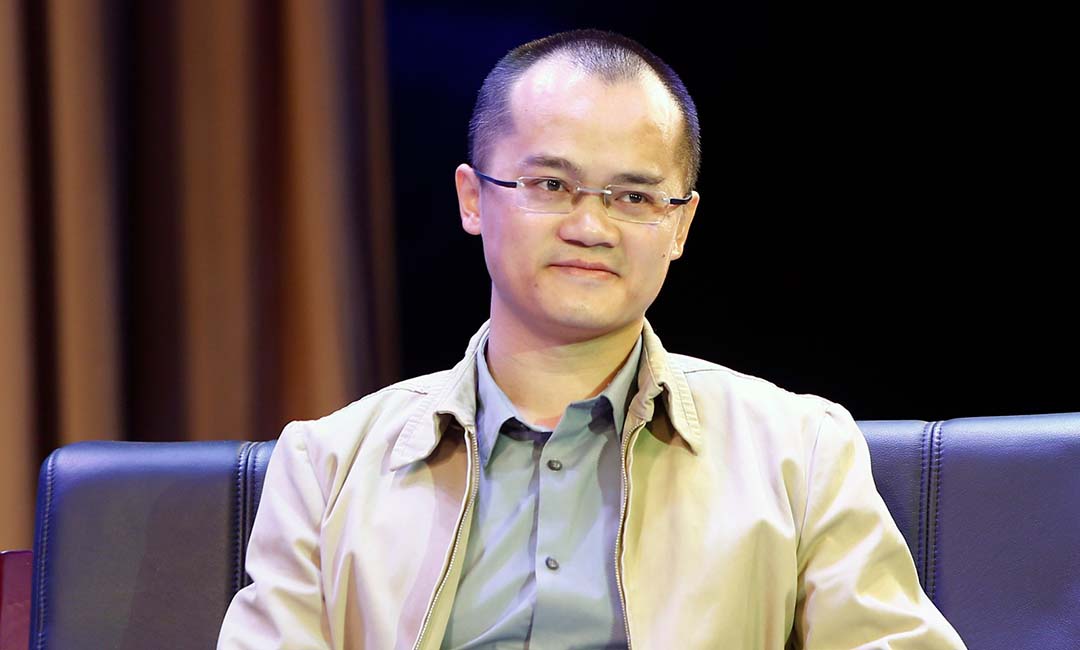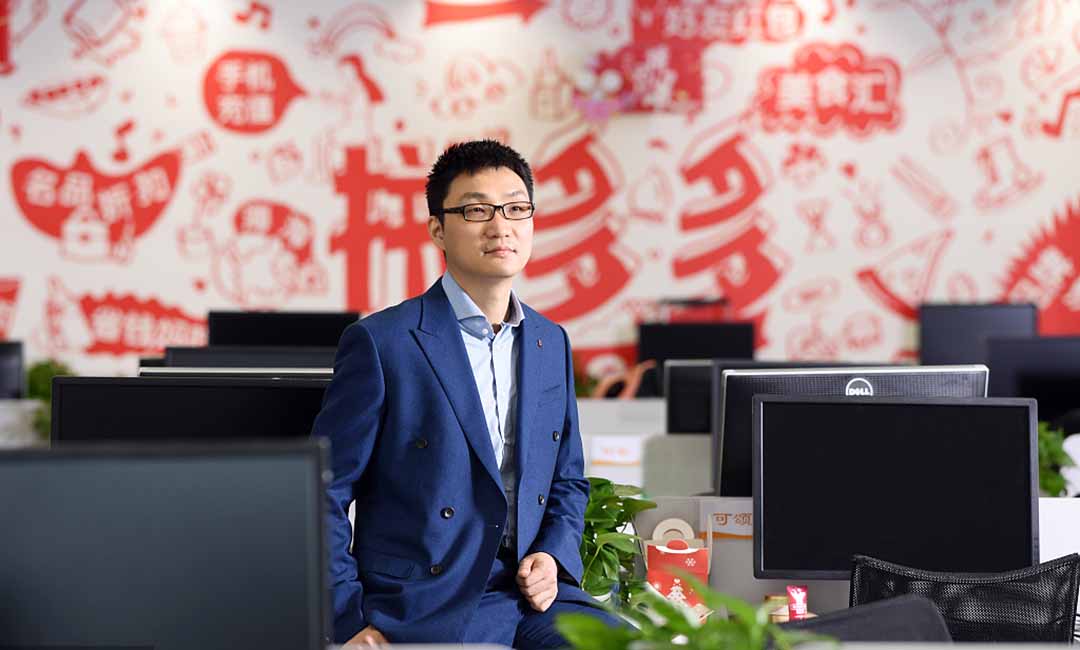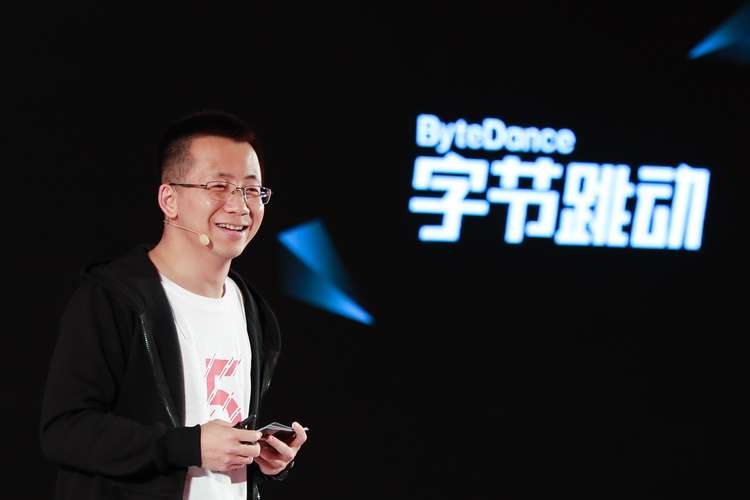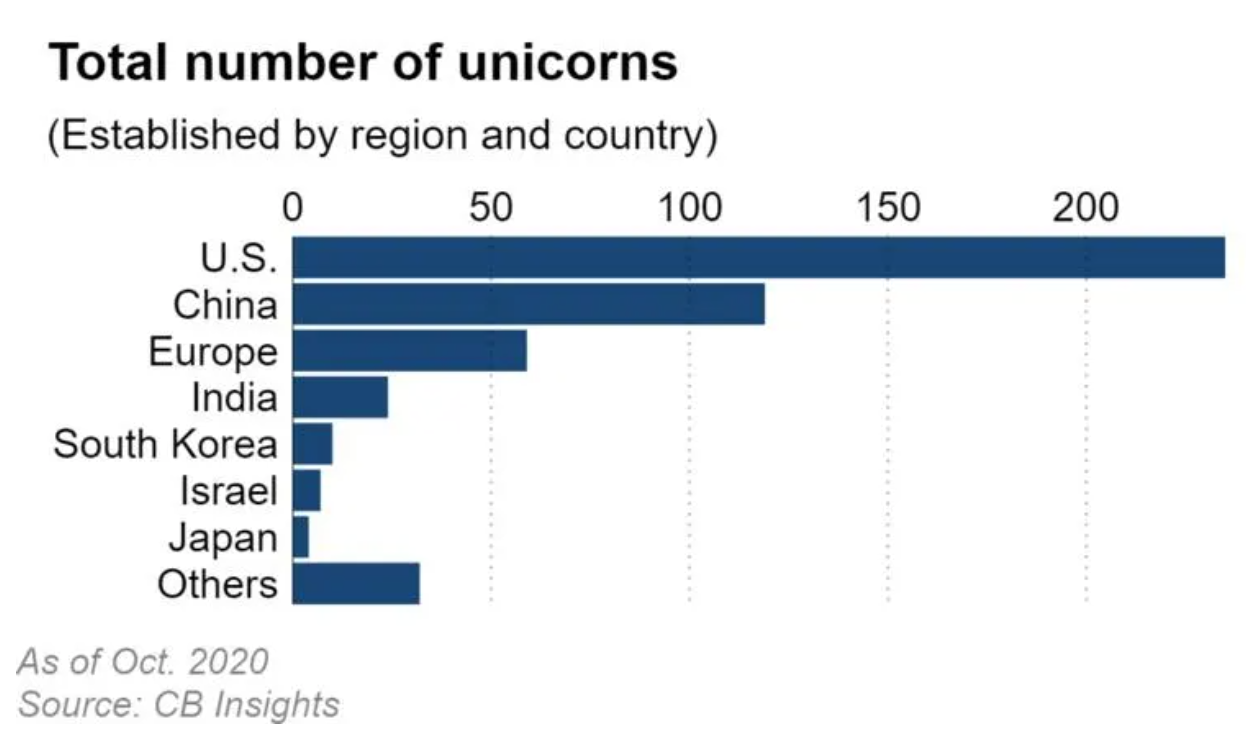Jack Ma, the 56-year-old founder of Chinese internet group Alibaba, officially retired from management in September. The change marks a new era for the country’s internet industry, in which companies led by the “second-generation” of entrepreneurs aged around 40, are seeing fast growth.
One of this new wave is Wang Xing, the 41-year-old chief executive of Meituan Dianping, the Chinese online platform known for food delivery services, who in July publicly criticized the magnate of China’s internet industry.
“Why doesn’t Taobao support WeChat Pay?” he said in a post on Fanfou, the social media platform he founded. He said it was problematic that Alibaba, of which online shopping site Taobao is part, did not support the use of rivals’ online payment services, including Tencent Holdings’ WeChat Pay.
Ma — who has pioneered China’s internet industry — officially left the board of Alibaba Group Holding on Sept. 30. He had stepped down as chairman in September 2019, so now has completely withdrawn from the company’s management.
Wang’s Meituan is now touting the slogan “Defeat Alibaba!” He studied cutting-edge internet services and management methods in the US, and started a new business after returning to China.
Like him, many of the second-generation of China’s internet entrepreneurs have studied and worked abroad.

For Wang, Ma was among his business mentors.
Meituan, founded in 2010, provides consumer-related services, ranging from online food delivery to viral and travel booking sites. The company also listed its stocks in Hong Kong in September 2018, raising HKD 32.5 billion (USD 4.14 billion based on the exchange rate at the time).
Alibaba took note of Meituan’s potential from an early stage and acquired a stake in the company in 2011. The two companies had a good relationship to start with. One Alibaba representative said Wang had admired Ma as a business mentor.
But relations turned sour about five years ago. Alibaba was trying to increase its influence over fast-growing Meituan. Wang became fed up with Alibaba’s way of drawing the companies in which it invested under its umbrella and controlling them, and ended the alliance in 2015.
Meituan turned to Tencent at about the same time, accepting an investment in 2015. Unlike Alibaba, Tencent is known for a management strategy of respecting the autonomy of invested companies and seeking loose alliances.
China’s big three internet companies — Baidu, Alibaba, and Tencent — are often bundled together under the acronym BAT. The trio’s chiefs have long led the country’s internet industry as “the first generation”, with startups striving to overtake them.
Alibaba later acquired Meituan’s rival Ele.me, which competes head-to-head with Meituan in the online food delivery market. Still, Meituan has managed to gather twice as many users as Ele.me via platforms such as Tencent’s WeChat messaging app.
But the landscape is changing significantly.
Chinese e-commerce upstart Pinduoduo, founded in 2015, is led by Colin Huang, the 40-year-old chief executive who helped establish Google’s China unit. The company boasts 680 million users, close to Alibaba’s 740 million, focusing on its ‘group buying’ service, which offers discounts if customers make purchases with friends or family members.

Zhang Yiming, founder and CEO of ByteDance which runs video-sharing app TikTok, is 37 years old. Douyin, ByteDance’s Chinese version of TikTok, has more than 600 million users, and surpassed Tencent and Baidu in terms of ad revenue in 2019. Its company value is reported to be more than USD 100 billion.
These high-flying Chinese internet companies are all led by second-generation entrepreneurs aged around 40. For them, the BAT trio are not just models to aspire to, but rivals to be overtaken.
More Chinese internet companies are being led by this second generation, as the country has systems in place under which big companies help startups. Meituan’s support from Tencent after breaking from Alibaba in 2015 is one example of this.
Indeed, China’s internet companies led by second-generation entrepreneurs raised significant amounts of money four or five years ago, helping to create the current landscape.

There is a famous picture of Tencent CEO Pony Ma Huateng, 49, dining in 2017 with 16 young entrepreneurs, including Meituan’s Wang, ride-hailing group DiDi Chuxing’s founder, and CEO Cheng Wei and ByteDance founder Zhang. Most of those present were recipients of investment from Tencent.
Of the 490 unicorns — privately held businesses with valuations of at least USD 1 billion — around the world, China ranked second this year with 119, trailing only the U.S., according to US research company CB Insights.

However, tensions between the US and China are casting a cloud on the future of Chinese internet companies.
TikTok, the international version of ByteDance’s short video app, has been attacked by the administration of US President Donald Trump, due to concerns over the leak of personal information. This after ByteDance appeared to become the first Chinese internet company to successfully go global.
The challenge now facing the new generation Chinese internet entrepreneurs will be to rise above this ongoing row between Washington and Beijing and push to successfully globalize their companies.
This article first appeared on Nikkei Asia. It’s republished here as part of 36Kr’s ongoing partnership with Nikkei.
